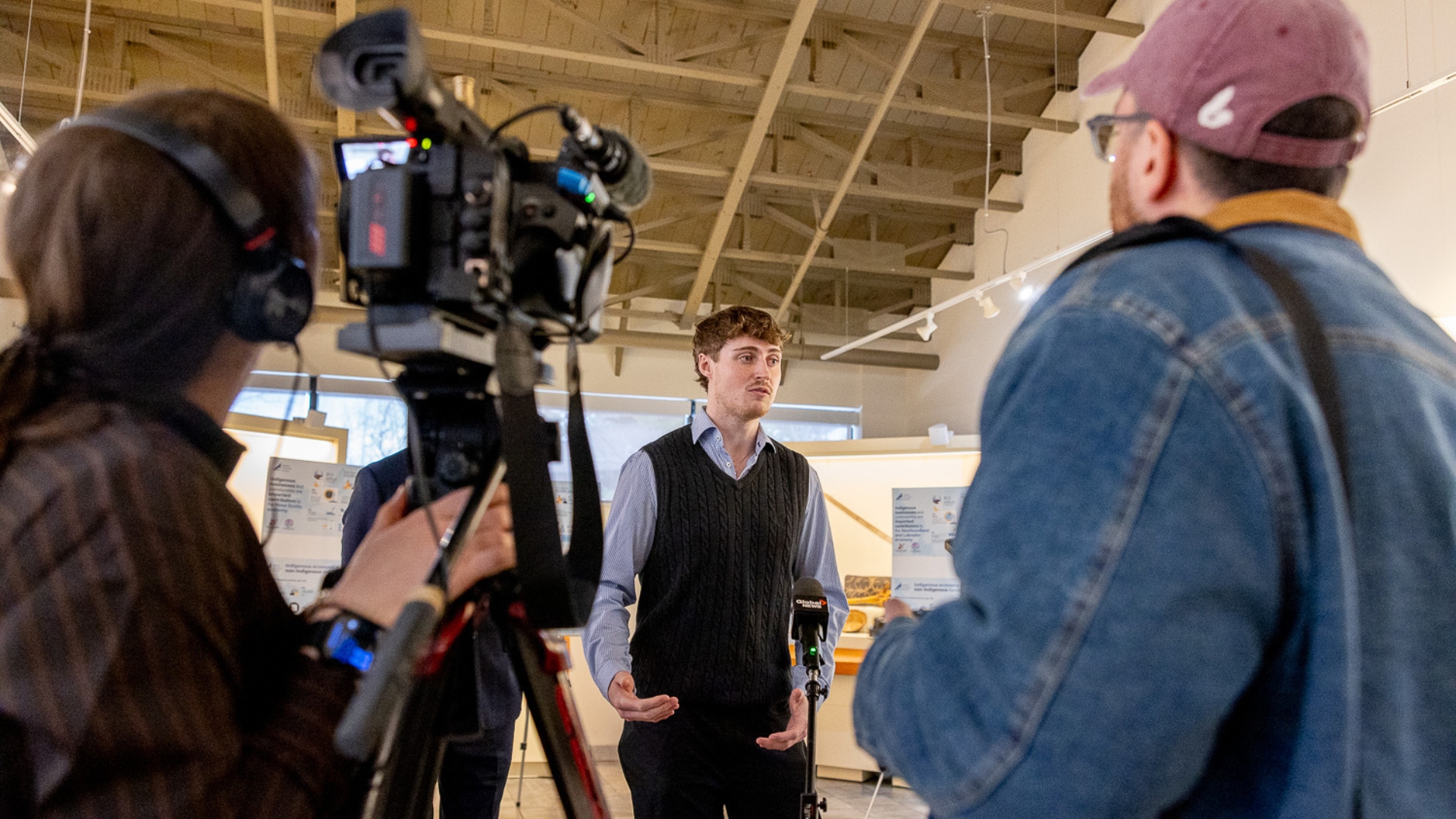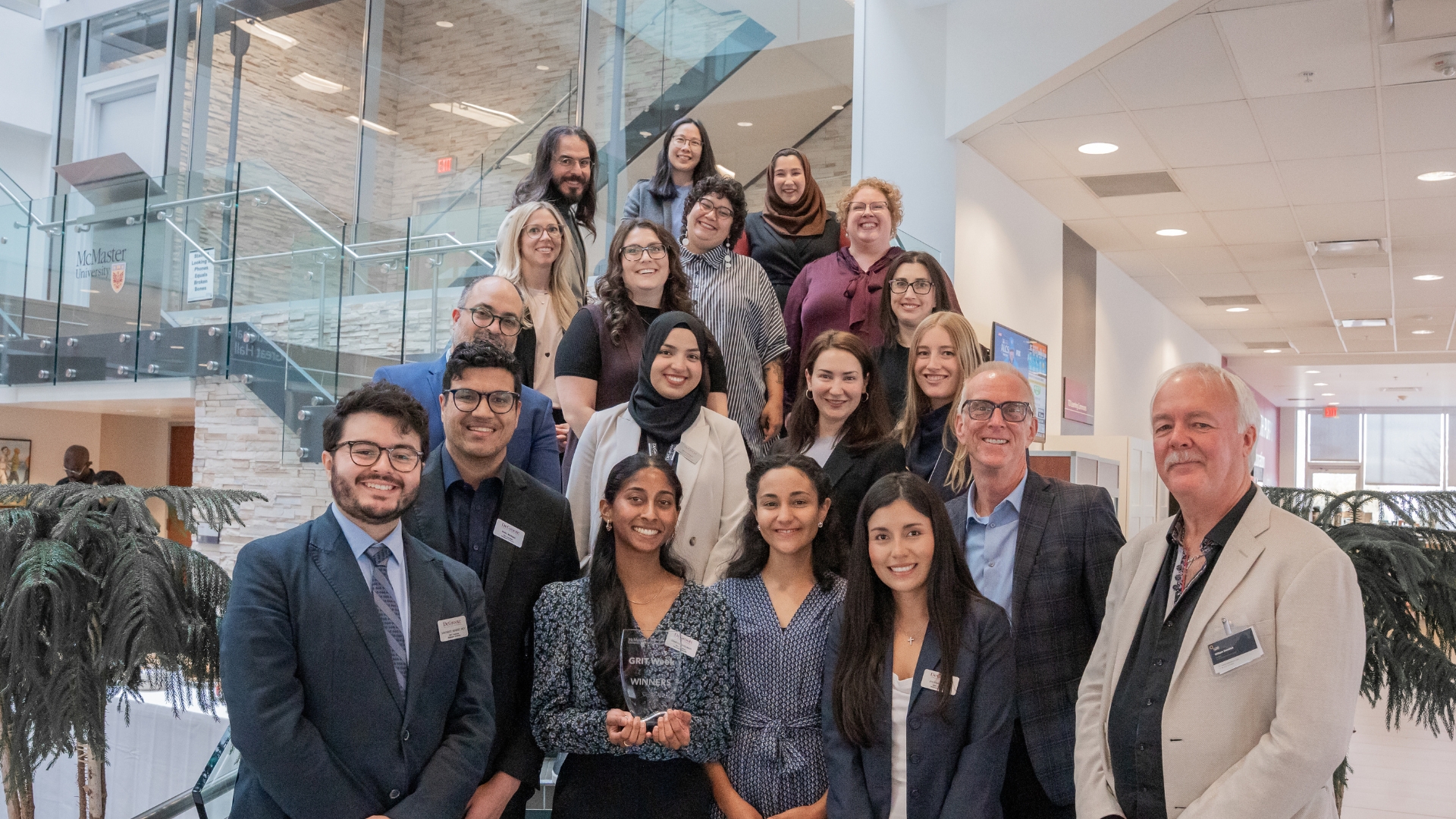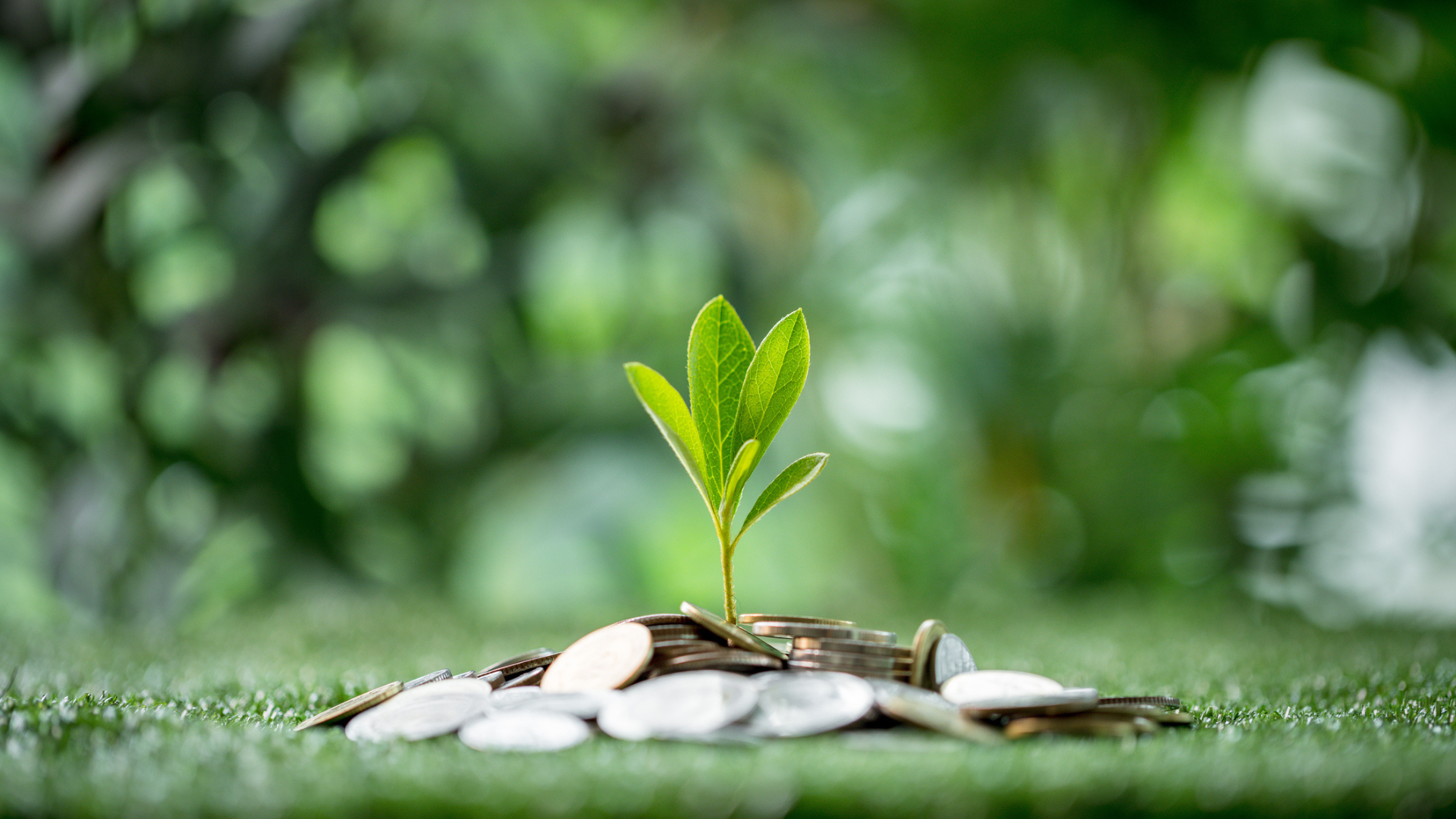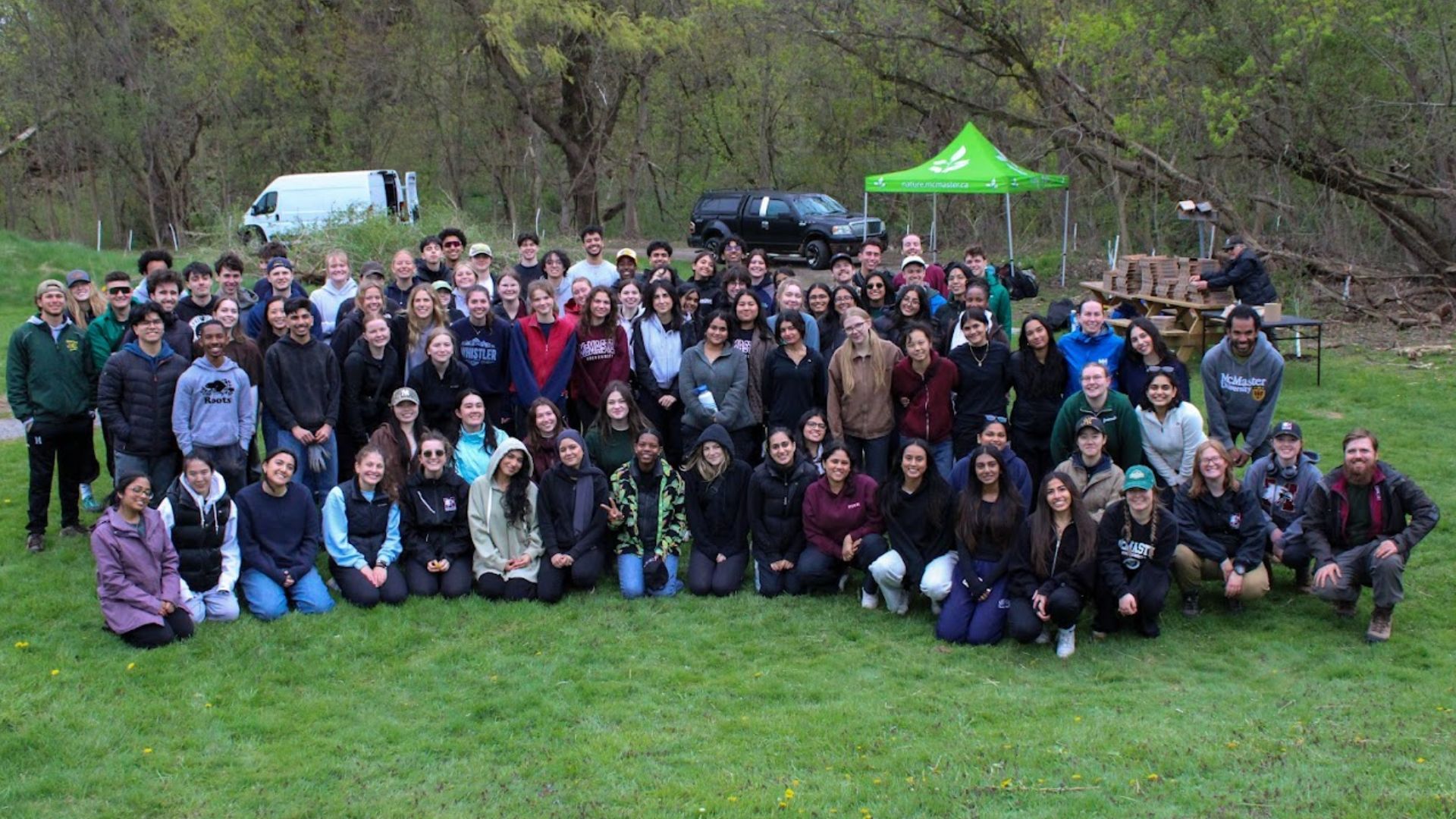ALUMNI STRATEGIC PLAN | ENGAGING COMMUNITIES
The Future of Sustainable Practices: Paving the Way to a Greener Future
May 8, 2024 ·
Contributed by: Natalie Plechinger, Communications Assistant

As sustainability becomes increasingly crucial, companies are grappling with the complexities of adopting environmentally-friendly goals and practices. On Earth Day, sustainability professionals gathered to discuss the future direction of sustainability.
How are businesses currently approaching sustainability?
Several large global companies have expressed a commitment to sustainability. Customers, investors and the general public are aware of these commitments, which puts pressure on them to keep their word and uphold their reputation.
“That is pushing it, that is the pressure that I’m seeing on these businesses and it’s not changing,” says Lindsay Hampson, sustainability and ESG consultant and founder of ThisRock.
“But the good news is that it’s profitable to be good,” adds Hampson.
How can businesses of all sizes implement sustainable practices, even when resources are limited?
“Sustainability has a role to play in any organization regardless of the size or scale. There are opportunities for impact both internally and externally. This is something that comes from the DNA of a company,” says Hrithik Sharma, analyst at Quinn+Partners.
Although larger businesses may have access to more resources that can support their sustainability initiatives, smaller companies can still have a positive impact by implementing industry-specific policies and goals into practice.
“It really is important to understand some of the goals that would make the most sense for a business, and then develop a plan to actually achieve them. It’s also important for it to be quantifiable so that you can look back and compare, and then understand if you are progressing towards that goal,” adds Mar Abera, sustainability team lead at Pratus Group Inc.
How can businesses enhance their resilience and how can local communities contribute?
“We need a couple of people to be the catalyst in a community itself,” says Hampson.
It’s vital to understand the significance of incorporating specific sustainability goals to a business. Companies can develop plans that include the relevancy of locations, timelines, and resources required to protect their community and assets.
“Sustainability isn’t just about environmental benefit, it’s about protecting people, protecting financial interests, protecting assets and ensuring we have a future for the generations ahead,” adds Sharma.
How can individual people make more sustainable choices?
Sustainability can be intimidating when environmental changes are becoming more prevalent, and it can feel overwhelming not knowing where to start, or whether your individual actions can make a difference.
“While in my undergrad class at McMaster the professor said, ‘If we don’t do anything, and everything that they expect to happen occurs, then there is no hope for us. But if we do something and the worst-case scenario doesn’t happen, we still are a better operating society.’ At the end of the day, it’s not one person that’s going to change the world, but what can we do in our day-to-day lives that make us feel personally like we’re making a difference?” says Abera.
What does the future of sustainability look like?
“I would hope to see the idea of a circular economy where everything is community based,” says Abera.
Sharma adds that, “The future is green, it’s reusable, it’s circular. The future is Indigenous, the future is transformative, and I think the future is very local. I think we have the solutions that we’ve been looking for. We have everything we need to enable that change. And I think we’ll get there, just by prioritizing the right types of investments and initiatives and embedding sustainability within our decision-making.”
Resources
- Check Your Pulse
- The Net-Zero Challenge
- Toronto Green Standard
- Nature at McMaster
- McMaster Office of Sustainability















